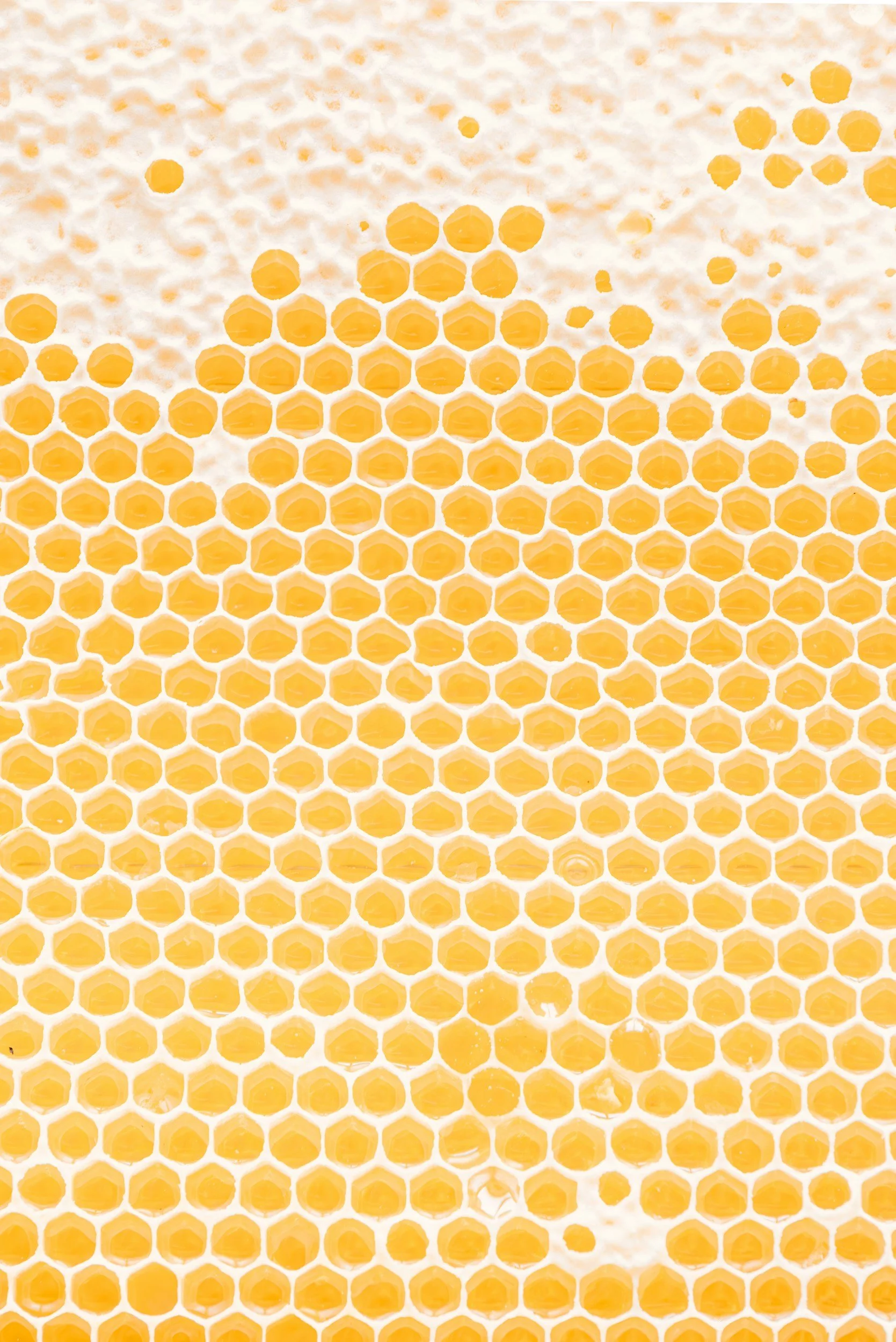Protect Your Hives with Precision and Purpose
Diseases and Pests of the Honey Bee
Master the biology of key threats to honey bees - Varroa destructor, American foulbrood, and European foulbrood - with confidence! This course gives beekeepers the tools to recognize symptoms, understand pathogen life cycles, and apply effective management and treatment strategies. Grounded in sicience and taught by experienced apiarists, you’ll gain the confidence to protect and support healthier, more resilient colonies.
Tuition is a one-time fee of $150
*This is an open-enrolment course, if you are looking to become a Certified BC Beekeeping Instructor find out more here.

At the end of this course, you will be able to:
-
✺
Identify the main diseases that affect honey bee brood.
-
✺
Recognize the main pests and predators that affect honey bees.
-
✺
List management practices to prevent and/or treat diseases.
-
✺
Describe the life cycle of the main pathogens and pests that affect honey bees.
-
✺
Access sources of information and support to stay current on disease and pest issues.
-
✺
Describe environmental and management factors contributing to pest and disease outbreaks.
-
✺
Name reportable diseases.
What’s inside
Module 1
Basic concepts
Module 2
The multiple stressors that honey bees are exposed to
Module 3
Brood diseases
Module 4
Adult diseases
Module 5
Pests and predators
Glossary
Definitions of words used in the science and practice of beekeeping
Assessment
Knowledge will be assessed through a variety of short quizzes. Upon successful completion of the course, a badge certifying completion will be awarded.
Building Healthier Hives, Stronger Communities
By learning how to recognize and manage honey bee diseases and pests, you’re not only protecting your own colonies—you’re supporting the resilience of the wider beekeeping community and the ecosystems that depend on pollinators.
✺ Frequently asked questions ✺
-
The tuition is $150. The money goes directly to the BC Honey Producers’ Association and Technology Transfer Program for investment in further courses and programs to support honey producers in BC.
-
The course is self-paced. Based on our estimations, dedicating 2-3 hours per week typically leads to completion within one month. However, students have four months from the date of enrolment to complete the curriculum
-
Enrolment is open year-round to all individuals, so you can enrol anytime! The course is self-paced with a time frame of four months to complete the curriculum once you enrol.
-
We have created a Free Sampler course that allows you to see how the content is delivered so you can know if this learning is right for you. Try it now
-
No prerequisites or prior education is required. This course is designed for beginner and intermediate beekeepers seeking to have a better understanding of honey bee pathology. If you have no prior experience with honey bees, we do recommend taking the ‘Introduction to honey bee biology and apiculture’ before taking this course.
-
Yes, our TTP Lead, Nuria will be available to answer questions about course content. And if you are having technical problems you can email Dan at learningsupport@ttp-bchpa.ca. There are also open class forums to discuss with other students
-
No. This course is for you to learn about honey bees and apiculture for your own purpose. Each module does have a quiz, but it has unlimited attempts. There are also self-knowledge checks throughout the course on what we consider to be important knowledge. Again, these allow unlimited attempts. So in the end, there are no grades, and once you complete the course and the end of course survey, you will receive an electronic badge indicating completion.


